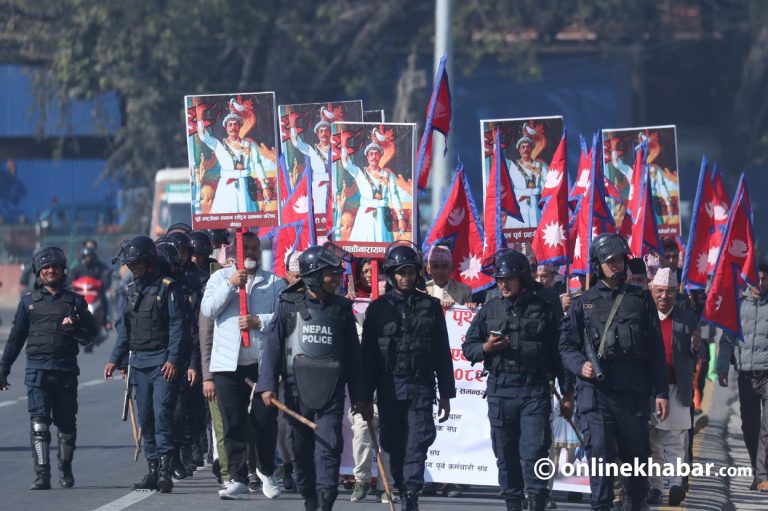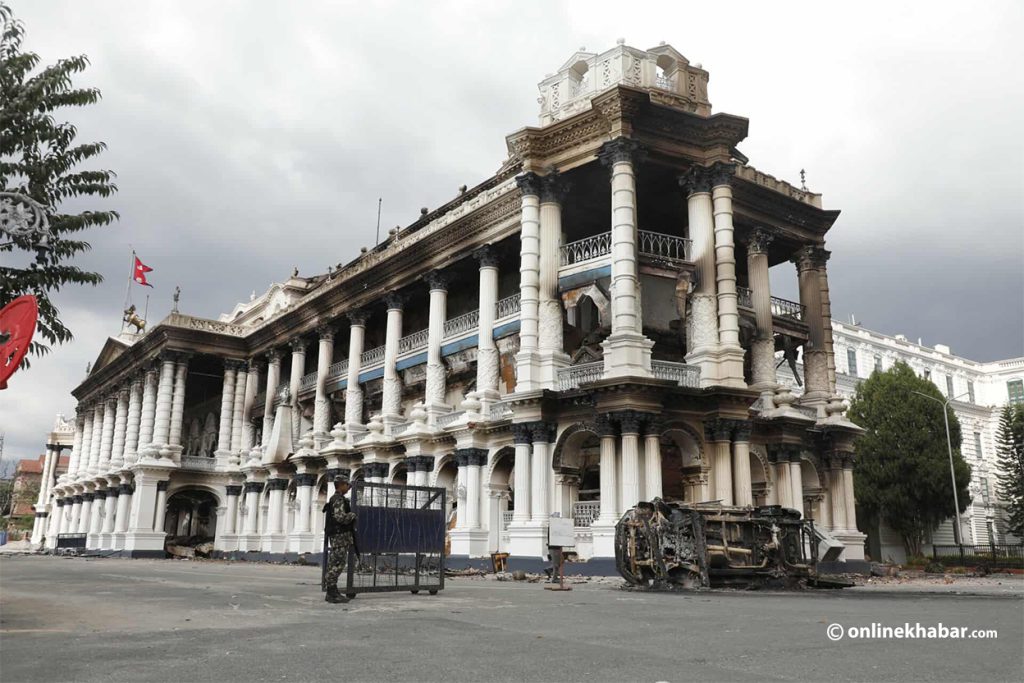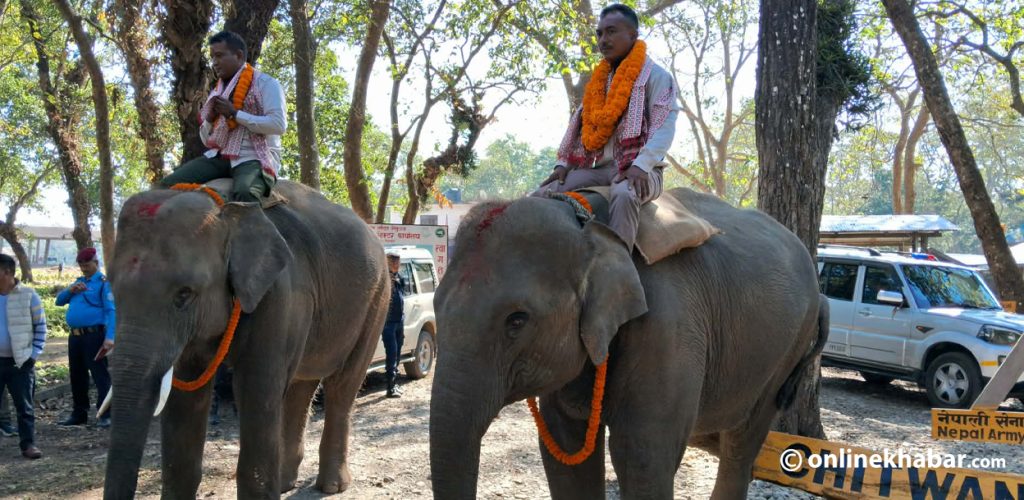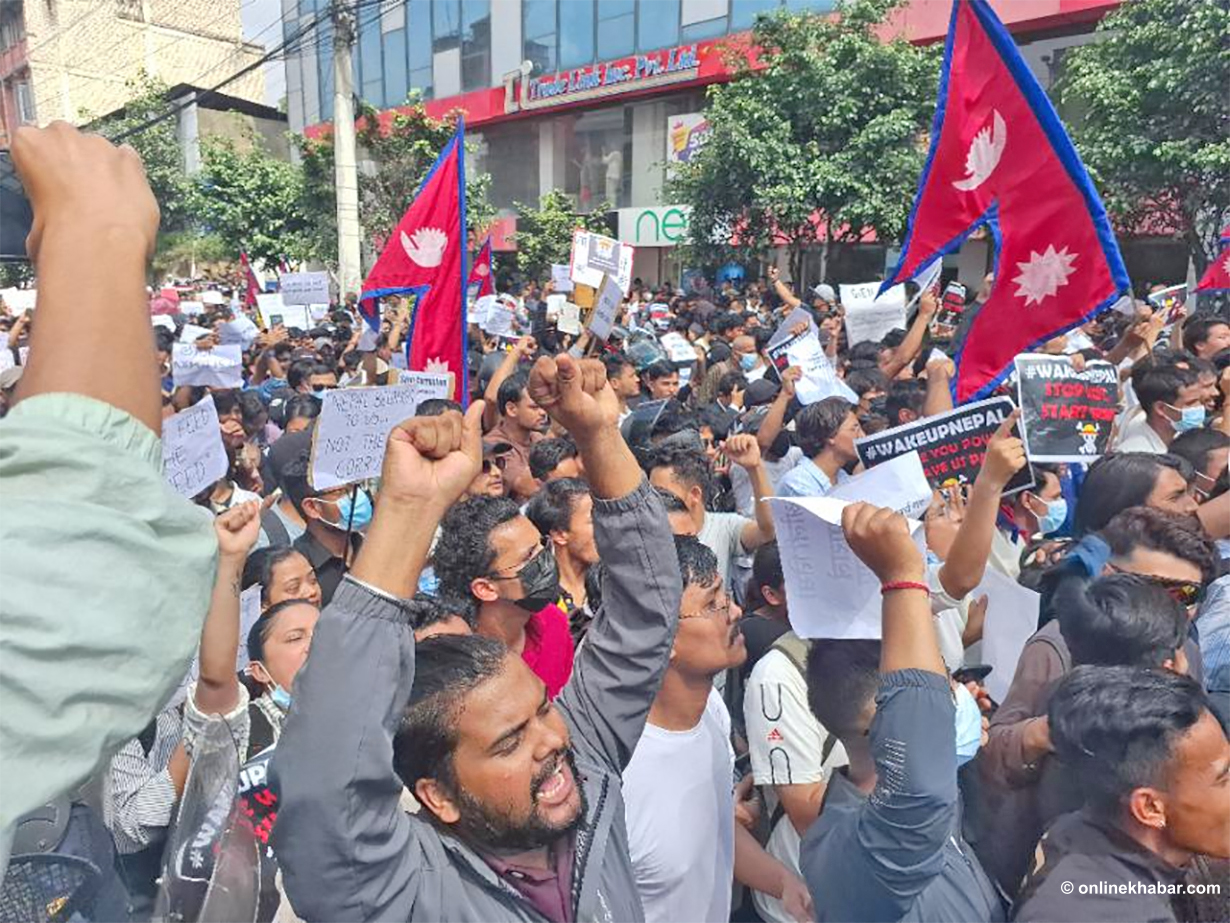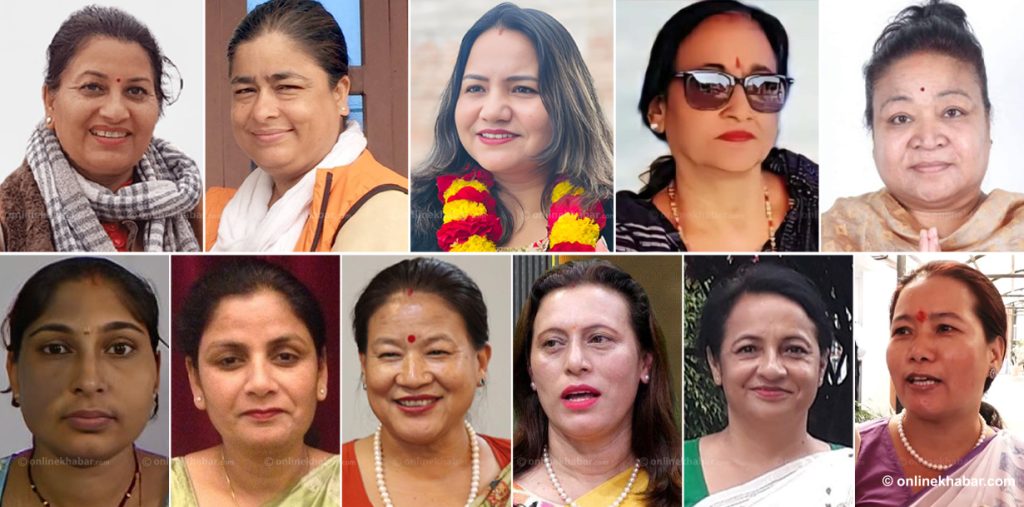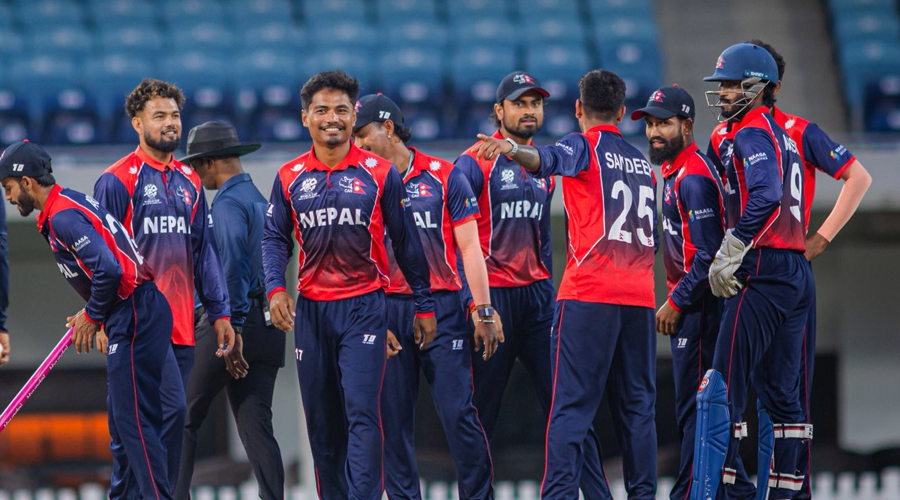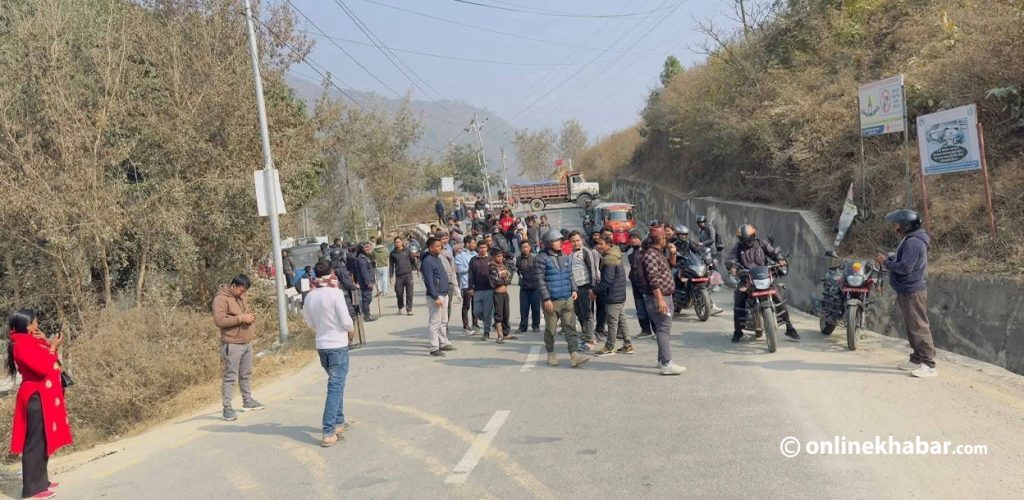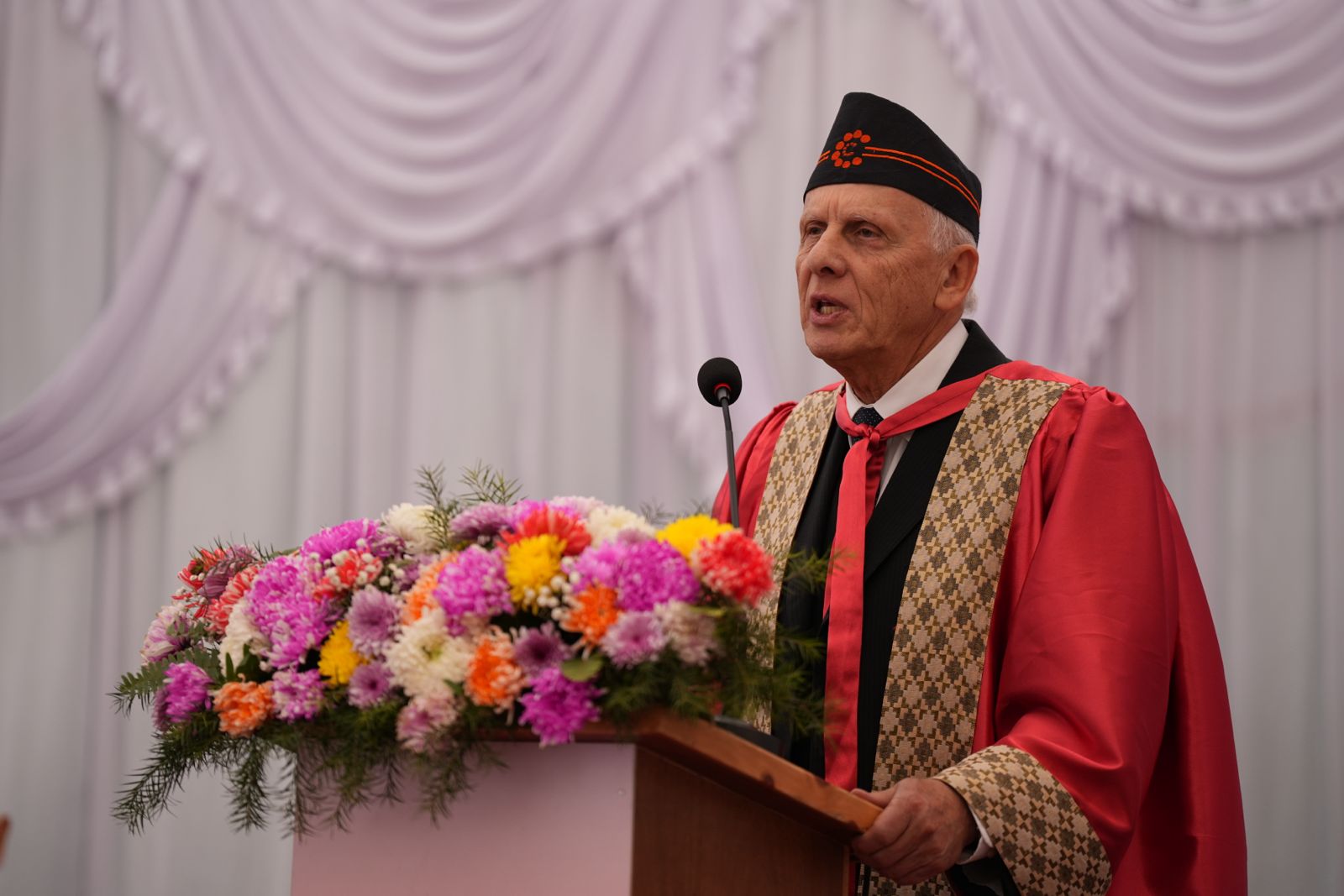
Human rights are universal, indivisible, and inalienable. Human rights are based on the principle of human dignity which recognises the inherent worth and value of every individual. They serve as a framework for the protection and promotion of human well-being, equality and justice. Human rights are essential for individuals to live a life of freedom, dignity and equality, and they encompass a broad range of civil, political, economic, social and cultural rights.
These are guaranteed by different international commitments, treaties, constitutions, statutes and other legal provisions as per the National Human Rights Commission Act, 2012. These rights are enshrined in various international and regional human rights instruments, such as the Universal Declaration of Human Rights, the International Covenant on Civil and Political Rights, and the International Covenant on Economic, Social and Cultural Rights.
Many countries also have their constitutions and laws that protect and uphold human rights at the national level. The promotion and protection of Human Rights are essential for fostering a just and inclusive society, promoting peace and stability and ensuring the well-being and dignity of every individual as per the constitution of Nepal, 2015.
International Commitment of Nepal regarding Human Rights
Nepal has several commitments in international forums to promote Human Rights of Nepal. After the establishment of Democracy in 1951, Nepal started prioritising human rights. The movement of 1990 further consolidated the commitment towards human rights by strengthening democratic values and principles.
Similarly, after the formation of the republican system significant progress was made in re-establishing democratic rights and in ending serious conflict-related abuses (United Nations Office of the High Commissioner for Human Rights in Nepal, 2007). Nepal is a member of the United Nations (UN) and has ratified various International Human Rights treaties. Some of the key Intentional commitments made by Nepal concerning Human Rights include UDHR, ICCPR, ICESCR, CEDAW, CRC, CAT etc.
Nepal is a signatory to the UDHR, which is a foundational document that outlines fundamental human rights principles. Nepal ratified the ICCPR in 1991, which commits the country to respect and protect civil and political rights, such as the right to life, freedom of speech and freedom of assembly.
Nepal ratified the ICESCR in 1991, which obliges the country to ensure and promote economic, social, and cultural rights, including the right to education, healthcare and adequate standard of living. Similarly, Nepal ratified CEDAW in 1991, demonstrating its commitment to promoting gender equality and protecting women’s rights. Nepal ratified the CRC in 1990, highlighting its commitment to safeguarding the rights of children and ensuring their well-being, education and protection from exploitation.
Nepal ratified the CAT in 1991, pledging to prevent and prohibit torture and other forms of cruel, inhuman, or degrading treatment. Nepal’s commitment to these international human rights treaties signifies its recognition of the importance of the protection and promotion of human rights within its borders.
National provision of Nepal regarding human rights

The national provision in Nepal regarding human rights protection and promotion is primarily outlined in the Constitution of Nepal, which was adopted in 2015. The constitution guarantees a wide range of human rights and fundamental freedoms to all individuals in Nepal.
Some of the key provisions are the right to equality, life and personal liberty, freedom, social justice, education, health, information, fair trial, constitutional remedies etc.
In Nepal, there are several laws and legal mechanisms in place to protect human rights. The Human Rights Commission Act, 2012 establishes the National Human Rights Commission as an independent constitutional body responsible for promoting and protecting human rights in Nepal.
The NHRC investigates human rights violations, provides recommendations and monitors the overall human rights situation in the country. Nepal has a provision of public interest litigation that allows individuals/organisations to file lawsuits in the public interest to protect human rights. It enables citizens to seek remedies for violations of fundamental rights and freedoms.
Likewise, there are other statutes, and laws which guarantee fundamental rights. For example: The right to Information Act, 2007 ensures the right to access information held by public bodies, promoting transparency and accountability. Domestic Violence (Offense and Punishment) Act, 2009 criminalises domestic violence and provides legal protection to victims.
Trafficking in Persons (Control) Act, 2007 addresses the issue of human trafficking and aims to prevent and control trafficking in Nepal. It criminalises human trafficking, including sexual exploitation and forced labour, and provides protection and support to victims. Likewise, the Labour Act, 2017 governs labour relations and protects the rights of workers in Nepal.
It covers various aspects, including minimum wage, working hours, workplace safety, and protection against discrimination and exploitation. Nepal has developed several national action plans to promote and protect different rights of human beings. These plans outline specific strategies and measures to address various human rights issues, such as gender equality, transitional justice and human rights education.
Performance of Nepal in human rights

The government system, structures and mechanism of government, whatever laws and action plans enforced in Nepal directly or indirectly work to promote and protect human rights. Sovereign Bicameral Legislative forms the law, the executive body which comprises different ministries, armed forces, and civil society enforces the law and an independent, impartial judiciary system describes the law.
Though there are structures, laws and mechanisms in Nepal regarding human rights, due to the problem in implementation there are several cases of human rights violations in Nepal. The politicisation of crime, restrictions on refugee rights, serious government corruption, lack of investigation and accountability for human rights abuses, and gender-based violence, including domestic and intimate partner violence, sexual violence, child labour, early and forced marriage, and other harmful practices, human trafficking, crimes involving children, are some of the instances of unlawful activities that violate human right (Country Reports on Human Rights Practices for 2021).
Regarding refugee rights, Nepal is handling the issue of Bhutanese refugees through diplomatic means and the government has managed third-country resettlement for more than 100,000 Bhutanese refugees however it has yet to resolve the refugee issue.
Likewise, Nepal has yet to resolve the issues during armed conflict. Two transitional justice bodies, the Truth and Reconciliation Commission (TRC) and the Commission of Investigation on Enforced Disappeared Persons (CIEDP), have received over 60,000 complaints but neither completed any cases as per Human Rights Watch World Report 2021.
The Office of the UN High Commissioner for Human Rights (OHCHR) has criticised the act for gross violations of International Human rights law and serious violations of International Humanitarian law, avoiding or delaying criminal prosecutions and failing to ensure the independence and impartiality of Transitional Justice bodies (Human Rights Watch World Report 2021, 2021).
As per the data of the global economy Nepal has achieved points 6 out of 10 in the human rights and Rule of Law index in 2022. The average value for Nepal during the period of 2007 to 2022 was 7.74 with a minimum of 6 index points in 2022 and a maximum of 8.8 index points in 2007. This clearly shows that Nepal needs to make an effort to implement national and international commitments made by the Government to improve the human rights situation.
Ways forward
Nepal has made progress in some areas of civil and political rights. The country has undergone significant political changes through the transition from a monarchy to a federal democratic republic. However, there are challenges in ensuring the full protection and enjoyment of civil and political rights for all citizens. Human rights defenders in Nepal often face challenges and risks including intimidation, harassment, and attacks.
Despite legal protections and efforts to promote gender equality, women in Nepal face various forms of discrimination and violence. Issues such as child marriage, dowry-related violence and gender-based violence remain prevalent. Nepal is a diverse country with various ethnic and religious communities. Efforts have been made to promote the rights of minority groups, including provisions in the constitution for affirmative action and proportional representation. However, some minority communities continue to face socioeconomic disparities and discrimination.
To protect and promote human rights in Nepal, several key steps need to be taken. One of the major ways is Nepal should continue to strengthen its legal framework by enacting comprehensive laws that protect human rights in line with International standards.
This includes ensuring the independence of the judiciary and promoting access to justice for all citizens. It is essential to conduct public awareness campaigns to educate the general population about human rights and respecting and protecting them.
Investment should be made in capacity-building initiatives for government officials, law enforcement agencies and civil society organisations to enhance their understanding of human rights principles, including training on non-discrimination, gender equality and minority rights. Strict measures should be taken to address discrimination and promote equality in all spheres of society. A functional and effective oversight body should ensure the protection and promotion of human rights.






